|
|
 We’re All in This Together
We’re All in This Together
This Land Times/أحوال الأرض issue 19 coincides with a global crisis: the COVID-19 pandemic. While so many thousands have suffered and died from the virus around the world, the pandemic reveals the vulnerability of all people and reminds of our commonly fragile humanity. In the Middle East/North Africa, this comes as one plague amid multiple
More
|
|
|
|
|
Palestine: Land Day 2020
For the past two years, Palestinians in the occupied Gaza Strip have gathered on a near-weekly basis to participate in the Great Return March demonstrations at the Gaza perimeter fence, calling for an end to Israel’s illegal closure of the Gaza Strip and the realisation of Palestinian refugees’ right of return to their homes, lands, and property, as mandated by
More
|
|
Apartheid over Palestine
 In December 2019, the United Nations Committee on the Elimination of Racial Discrimination (CERD) completed its most-recent periodic review of Israel’s performance of the UN Convention against Racism (ICERD). CERD’s review cited multiple forms of material discrimination institutionalized in Israel’s policies and practices, especially those affecting human rights to adequate housing and natural resources. At its momentous 100th session, CERD
More
In December 2019, the United Nations Committee on the Elimination of Racial Discrimination (CERD) completed its most-recent periodic review of Israel’s performance of the UN Convention against Racism (ICERD). CERD’s review cited multiple forms of material discrimination institutionalized in Israel’s policies and practices, especially those affecting human rights to adequate housing and natural resources. At its momentous 100th session, CERD
More
|
|
CSO Consultations with FAO, 2019–2020
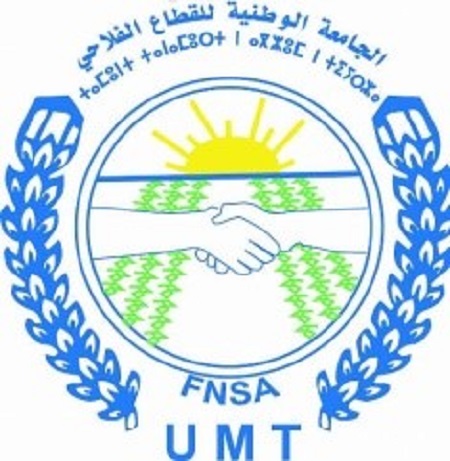 Since 2018, FAO’s Near East/North Africa Regional Office (FAORNE) and concerned civil society have been trying to implement a program of closer cooperation, complementarity and knowledge exchange. Two important activities in the wider program were accomplished in the past few months, refining collective CSO positioning and contributions to the work of FAO, as part of the global platform: International Planning
More
Since 2018, FAO’s Near East/North Africa Regional Office (FAORNE) and concerned civil society have been trying to implement a program of closer cooperation, complementarity and knowledge exchange. Two important activities in the wider program were accomplished in the past few months, refining collective CSO positioning and contributions to the work of FAO, as part of the global platform: International Planning
More
|
|
CSO Database for Food Sovereignty
 Essential to any collaborative network is appropriate and accessible information about its members’ capabilities and assets, indicating the potential for partnerships. This is no less true for the collaboration between UN specialized organizations and CSOs, or between and among CSOs.
In 2019, HIC-HLRN contributed to developing the relationship between CSOs and FAO as part of a multi-project program of cooperation with
More
Essential to any collaborative network is appropriate and accessible information about its members’ capabilities and assets, indicating the potential for partnerships. This is no less true for the collaboration between UN specialized organizations and CSOs, or between and among CSOs.
In 2019, HIC-HLRN contributed to developing the relationship between CSOs and FAO as part of a multi-project program of cooperation with
More
|
|
Guiding Food Systems and Nutrition
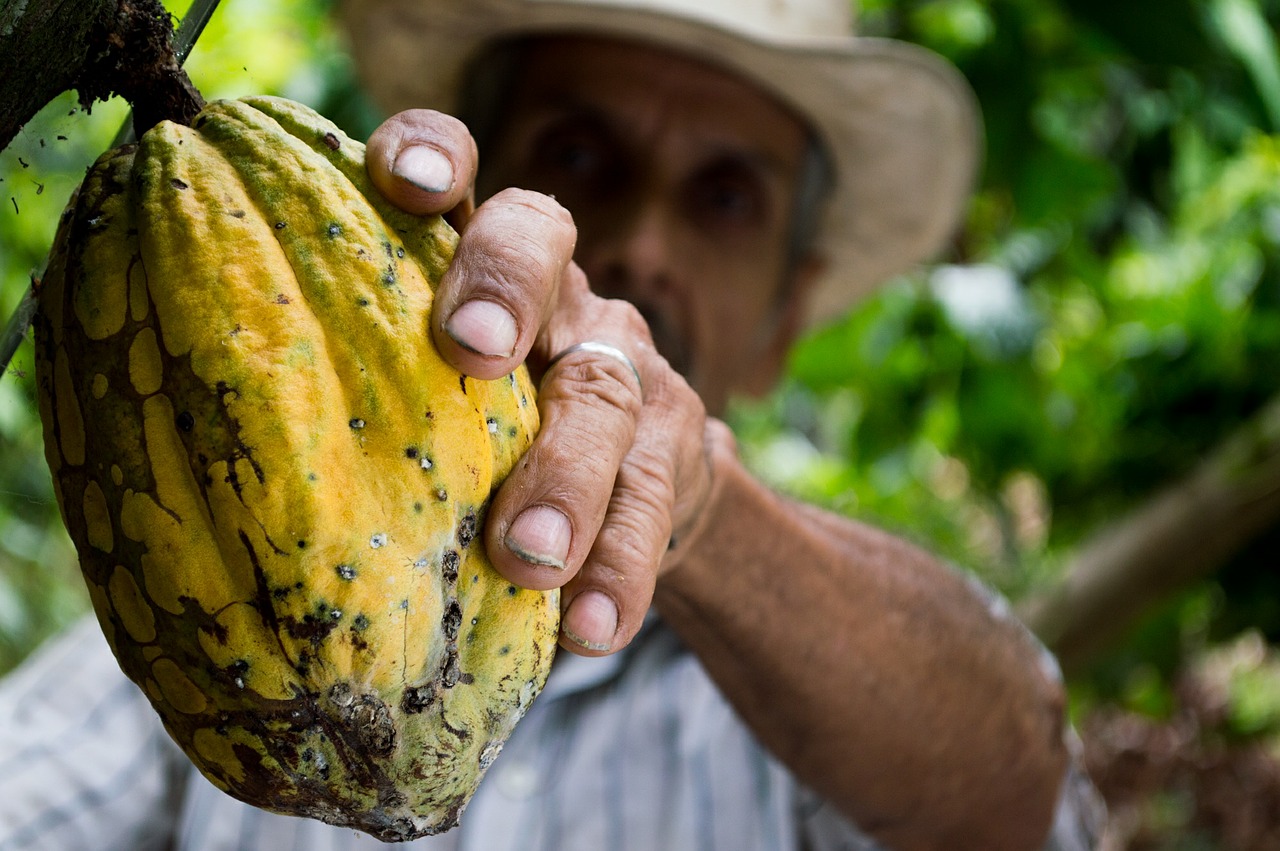 The Civil Society and Indigenous Peoples’ Mechanism (CSM) for relations with the UN Committee on World Food Security (CFS) is currently working with CFS on the development of forthcoming guidelines on Food Systems and Nutrition.
The CSM has been working for two years on its vision for transition of food systems (through implementation of these guidelines) guided by the following principles:
Centrality
More
The Civil Society and Indigenous Peoples’ Mechanism (CSM) for relations with the UN Committee on World Food Security (CFS) is currently working with CFS on the development of forthcoming guidelines on Food Systems and Nutrition.
The CSM has been working for two years on its vision for transition of food systems (through implementation of these guidelines) guided by the following principles:
Centrality
More
|
|
EU-MENA Policy Dialogue
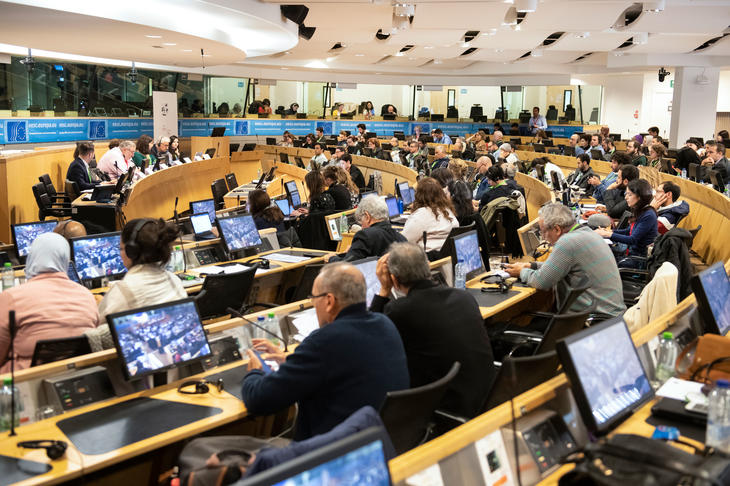 In 2012, the European Commission adopted a strategic partnership with the civil societies of the countries in which it supports projects. The new approach follows a “roadmap” negotiated with host governments in some 100 countries, including eight states in the MENA region: Algeria, Egypt, Iraq, Lebanon, Mauritania, Morocco, Palestine and Tunisia.
Within the frame of that new approach to civil
More
In 2012, the European Commission adopted a strategic partnership with the civil societies of the countries in which it supports projects. The new approach follows a “roadmap” negotiated with host governments in some 100 countries, including eight states in the MENA region: Algeria, Egypt, Iraq, Lebanon, Mauritania, Morocco, Palestine and Tunisia.
Within the frame of that new approach to civil
More
|
|
Evaluating FAO Policy Advice
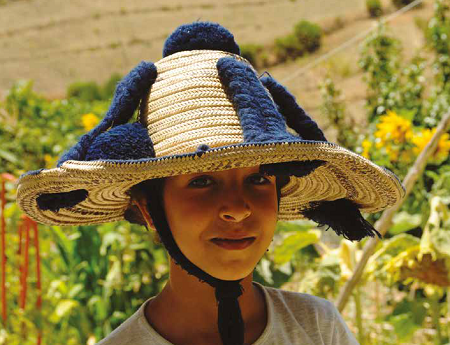 Since 2017, two key FAO studies proffer policy advice specifically toward governments in the Near East North Africa (NENA) region. Both have invited criticism for their methodology, interpretation of facts and expectations of a Charter-based specialized organization of the United Nations. Key points are summarized here concerning the 2017 Study on Small Scale Family Farming (SSFF) and another, in 2019,
More
Since 2017, two key FAO studies proffer policy advice specifically toward governments in the Near East North Africa (NENA) region. Both have invited criticism for their methodology, interpretation of facts and expectations of a Charter-based specialized organization of the United Nations. Key points are summarized here concerning the 2017 Study on Small Scale Family Farming (SSFF) and another, in 2019,
More
|
|
Human Rights Training in Palestine: Back to Basics
 As an intellectual figure at the turn of the 20th Century, Rosa Luxemburg realized the indispensable role of pedagogy in progressive political formations. In the case of Luxemburg, she famously put this to practice as a teacher in her political party’s school from 1907 to 1914. The same consciousness-raising lesson holds true also for civil society organizations struggling with immense
More
As an intellectual figure at the turn of the 20th Century, Rosa Luxemburg realized the indispensable role of pedagogy in progressive political formations. In the case of Luxemburg, she famously put this to practice as a teacher in her political party’s school from 1907 to 1914. The same consciousness-raising lesson holds true also for civil society organizations struggling with immense
More
|
|
|
|
|
Celebrating a Life Too Short: Ghanimat Azhdari
‘She was absolutely adored’: Iranian scientist spent her life fighting for indigenous voices in conservation.
Ghanimat Azhdari was born into a nomadic tribe in Iran and was a PhD student at Canada’s University of Guelph, where she was working with indigenous communities in the boreal forest to map cultural sites. This week, she died along with
More
|
|
A Call from Nuba Mountains
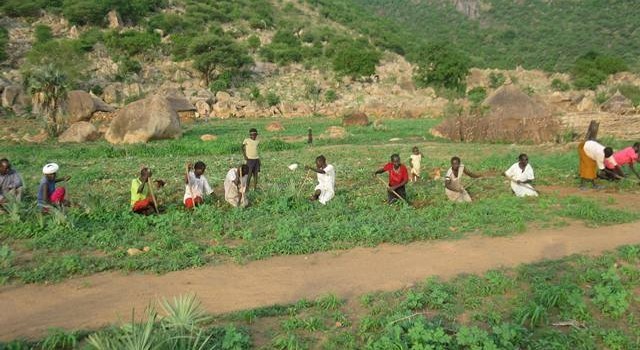 This article forms a problem statement by Kushian Society for Development and Human RIghts. A future article will focus on the proposed solutions in light of the political changes taking place in Sudan.
The Land
The Nuba Mountains region is north of the border line between Sudan and South Sudan in the state of South Kordofan. The Darfur region lies to the
More
This article forms a problem statement by Kushian Society for Development and Human RIghts. A future article will focus on the proposed solutions in light of the political changes taking place in Sudan.
The Land
The Nuba Mountains region is north of the border line between Sudan and South Sudan in the state of South Kordofan. The Darfur region lies to the
More
|
|
|
|
|
Women’s Land and Home Project Progress
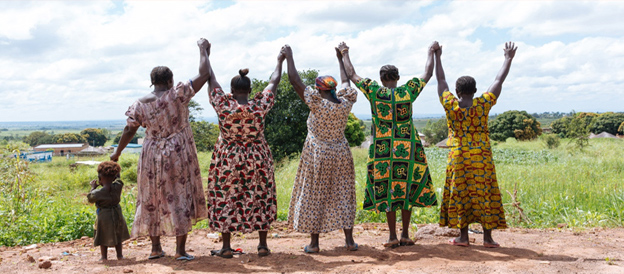 In 2019, HLRN concluded the first phase of its Women’s Dispossession from Land and Home project with partners in India (HLRN-India), Kenya (Mazingira Institute and Pamoja Trust) and Uganda (Shelter and Settlements Alternative: Uganda Human Settlements Network). The HLRN Cairo office carried out in-depth training workshops on the applicable norms and tools and techniques for extensive violation-impact assessments in Kenya
More
In 2019, HLRN concluded the first phase of its Women’s Dispossession from Land and Home project with partners in India (HLRN-India), Kenya (Mazingira Institute and Pamoja Trust) and Uganda (Shelter and Settlements Alternative: Uganda Human Settlements Network). The HLRN Cairo office carried out in-depth training workshops on the applicable norms and tools and techniques for extensive violation-impact assessments in Kenya
More
|
HIC Argues for a “Human Right to Land”
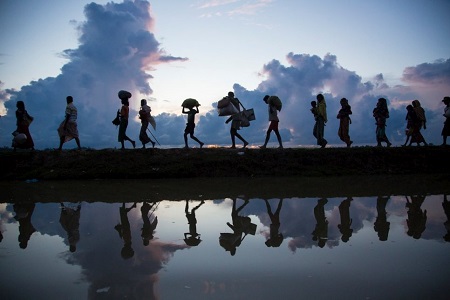
A recent development in the standard-setting process previously reported [AR] in Land Times, Housing and Land Rights Network - Habitat International Coalition has addressed the UN Committee on Economic, Social and Cultural Rights (CESCR) on the Committee’s Day of Discussion on land, 14 October 2019. HIC-HLRN has argued for legal recognition of “a human right to land” in CESCR’s upcoming
More
|
|
HIC-HLRN: New Ways to Work with UN Habitat
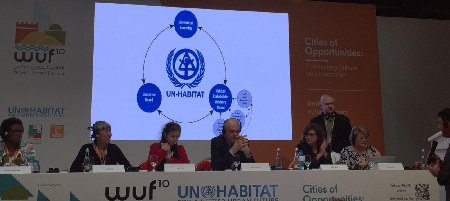
ABU DHABI—At a networking event in the 10th World Urban Forum (WUF) to consider a new UN Habitat “Stakeholder Engagement Mechanism for Sustainable Development,” HIC-HLRN presented its contribution to the current discussion about the eventual methods and functions of UN Habitat’s partnership with civil society, local governments and authorities, and the private sector. The presentation by HLRN coordinator Joseph Schechla
More
|
|
HIC Governance: Change at the Top

Habitat International Coalition entered 2020 on a wave of change in its leadership with the inauguration of its new President Adriana Allen, taking over from HIC two-term veteran Lorena Zárate, and a talent search for a new Secretary General to replace the outgoing Álvaro Puertas.
Following the presidential-election process between2 July 2 2019 and 8 December 2019, HIC’s presidential Election Committee
More
|
|
Monitoring Food-security in Protracted Crises

This year marks a new phase for the Framework for Action for Food Security and Nutrition (FFA) in Protracted Crises, a policy endorsed by the UN Committee on World Food Security (CFS) in October 2015. At the 47th plenary of the CFS, expected to be held in Rome in October 2020, a Global Thematic Event on monitoring the use and application
More
|
|
UN Lists Complicit Corporations
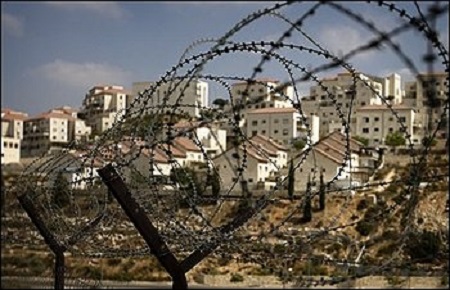
After a four-year process, delayed by pressure from the United States Mission, the Trump Administration and members of the U.S. Congress, the United Nations Office of the High Commissioner for Human Rights (OHCHR) has issued its report on companies and commercial entities whose activities support Israeli settler colonies in occupied Palestinian territory. Mandated by a Human Rights Council’s resolution of
More
|
|
To Combat COVID-19, We Need a Human Rights Habitat

In the current COVID-19 pandemic, the World Health Organization (WHO) has advised and responsible governments have enforced that we stay at home stay, frequently wash our hands often with soap and warm water, maintain social distancing and keep our immune system strong, these live-saving measures are impossible for vulnerable people living in informal communities, displacement and refugee camps and other
More
|
|
Human Rights Habitat Observatory Meets SDGs

The UN General Assembly resolution “Transforming our world: the 2030 Agenda for Sustainable Development” cites human rights 15 times in setting out the current Sustainable Development Goals (SDGs) shared by all member states of the UN. It pledges that the SDGs “seek to realize the human rights of all and to achieve gender equality” (para. 3) and even cite specific
More
|
|
Peoples Denied Self-determination Converge

Peoples under occupation and otherwise denied self-determination have remain the most-intractable human rights cases to resolve since the founding of the United Nations. The UN Charter affirms human rights as one of its three cardinal pillars, and the human rights-implementation principles self-determination and nondiscrimination are the two explicitly in the Charter. Nonetheless, despite laudable victories over traditional colonization across Africa,
More
|
|
|
|
|
|
|
| Terminology Corner |
| Contributors to this Land Times |
|
|
|
|

